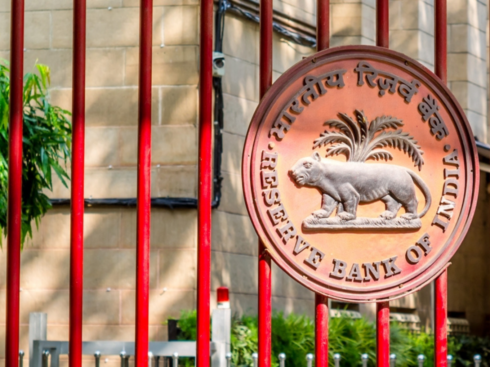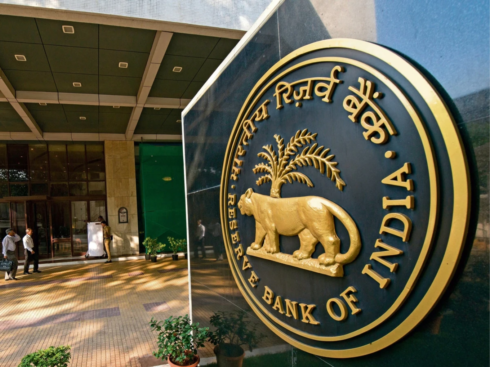
SUMMARY
Sankar directed Indian banks to be more diligent in adopting technological changes
The RBI’s deputy governor said banks missed the bus by not investing in the technology early on, leading to non-banking entities gaining an edge in the space
The official said that the central bank’s experiments with the wholesale and retail central bank digital currencies (CBDCs) have so far been rewarding
Deputy governor of the Reserve Bank of India T Rabi Sankar has rubbished speculations that fintech startups would replace banks. Terming such opinions ‘misconceptions’, Sankar said that banks are more than willing to embrace technology. He, however, directed them to be more diligent while adopting technological changes.
“It’s a misconception to view fintech entities as a possible replacement to banks,” Sankar said, while addressing an event organised by the Indian Banks’ Association in Mumbai.
Noting that banking was mutating fast, he stressed that banks have to adopt fast to the changes being brought about by technological progress.
Citing the widely popular unified payments interface (UPI) technology, Sankar noted that banks missed the bus by not investing in the technology early on, leading to non-banking entities gaining an edge in the space.
Describing the way forward as newer technologies emerge, Sankar said that the only options before banks are collaboration, absorption or internalisation.
”Private money in the modern age can only be bank money,” Sankar added, while noting that technology will help achieve trust and greater efficiency in this pursuit.
Meanwhile, addressing the gathering, the RBI’s deputy governor said that the central bank’s experiments with the wholesale and retail central bank digital currencies (CBDCs) have so far been rewarding. The retail pilot of RBI’s digital currency, e-Rupee, went live on December 1.
Sankar said that the central bank’s move to develop its own digital currency was largely driven by people’s rising interest in private cryptocurrencies. The RBI official said that the CBDCs offer multiple benefits, including increased privacy, and international payments and settlements.


























